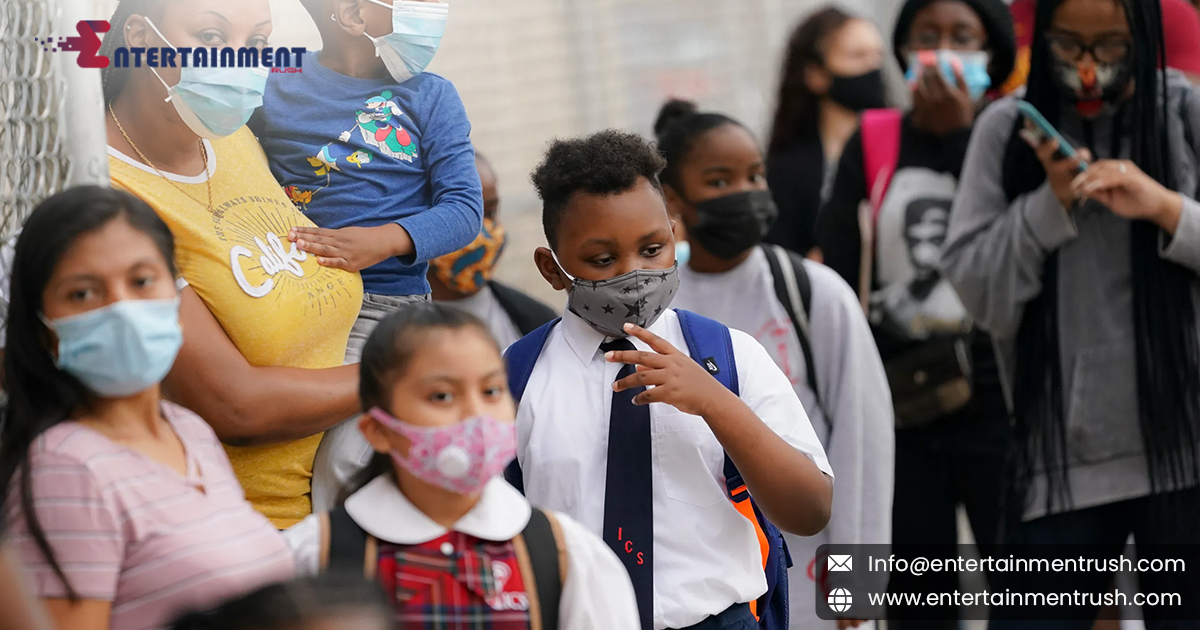As the pandemic relief funding provided to US schools nears its expiration in September, educational institutions across the country are confronting significant budget cuts. This shift marks a critical juncture for schools that have relied heavily on these funds to navigate the challenges brought on by the COVID-19 pandemic. In this blog, we’ll explore the impact of these budget cuts, the challenges schools are facing, and the potential implications for students and staff.
The Role of Pandemic Aid
During the height of the COVID-19 pandemic, schools received unprecedented levels of federal aid aimed at supporting remote learning, ensuring health and safety, and addressing educational disparities exacerbated by the crisis. This aid allowed schools to purchase necessary technology, implement safety measures, and provide additional support for students affected by the pandemic.
However, as the expiration date for this relief funding approaches, schools are bracing for the financial repercussions. The end of this aid is forcing many institutions to reassess their budgets and make difficult decisions about how to allocate limited resources.
The Impact of Budget Cuts
The impending budget cuts are expected to have wide-ranging effects on US schools. Here’s a look at some of the key areas that may be impacted:
Staffing Reductions:
Many schools are already facing the prospect of staff layoffs or reduced hours. Teachers, support staff, and administrative personnel may be affected, leading to larger class sizes and reduced individual attention for students.
Program Cuts:
Extracurricular activities, special education programs, and after-school tutoring may face significant reductions. These programs, which are crucial for student development and academic support, could be scaled back or eliminated entirely.
Maintenance and Upgrades:
With less funding available, schools might delay or cancel essential maintenance and infrastructure upgrades. This can affect the learning environment and the overall condition of school facilities.
Learning Resources:
The ability to invest in new educational materials, technology, and resources may be constrained. Schools may struggle to keep up with technological advancements and provide up-to-date learning tools for students.
Challenges and Adaptations
Focus Key Phrase: US schools face budget cuts as pandemic aid expires in September
Schools are actively seeking ways to adapt to the financial constraints imposed by the end of pandemic aid. Some of the strategies being employed include:
Increased Efficiency:
Schools are exploring ways to optimize their operations and reduce costs without compromising the quality of education. This might involve consolidating administrative functions or seeking partnerships with community organizations.
Alternative Funding:
Many schools are turning to grants, local fundraising, and partnerships with businesses to supplement their budgets. These efforts aim to bridge the gap left by the reduction in federal aid.
Community Support:
Engaging with local communities and leveraging volunteer support are ways schools are attempting to maintain programmatic offerings and support for students.
The Path Forward
As US schools navigate the challenges of reduced funding, it’s essential for policymakers, educators, and community members to work together to ensure that the impact on students is minimized. Addressing the needs of students during this transitional period is crucial for maintaining educational equity and supporting the long-term success of all learners.
US schools face budget cuts as pandemic aid expires in September
The end of pandemic aid presents a critical opportunity for a renewed focus on sustainable funding solutions and educational innovation. By prioritizing resource allocation, seeking alternative funding, and fostering community engagement, schools can better manage the transition and continue to provide valuable educational experiences for their students. as pandemic relief funding expires in September, US schools are facing significant budget cuts that will have far-reaching implications. The challenge now lies in navigating these financial constraints while striving to uphold the quality of education and support for students. By addressing these challenges proactively, schools can work towards a resilient and equitable educational environment for all.
